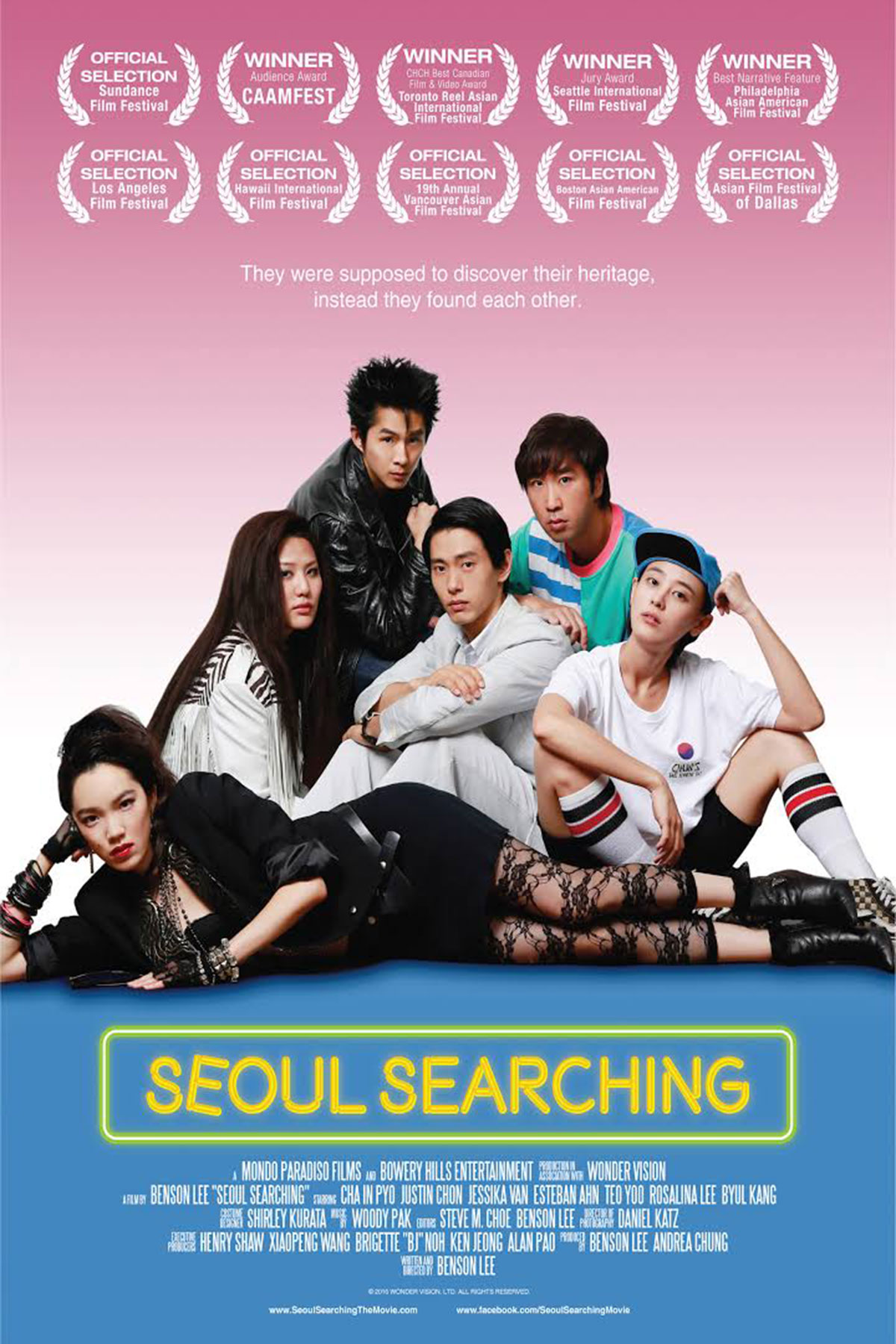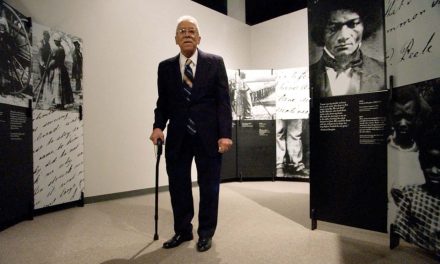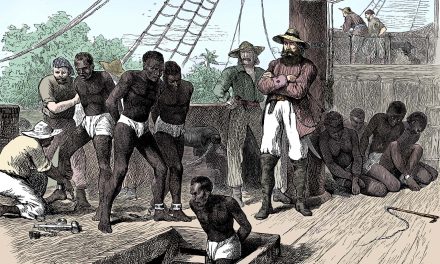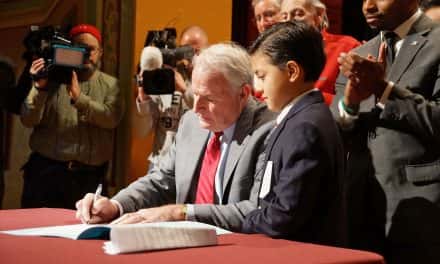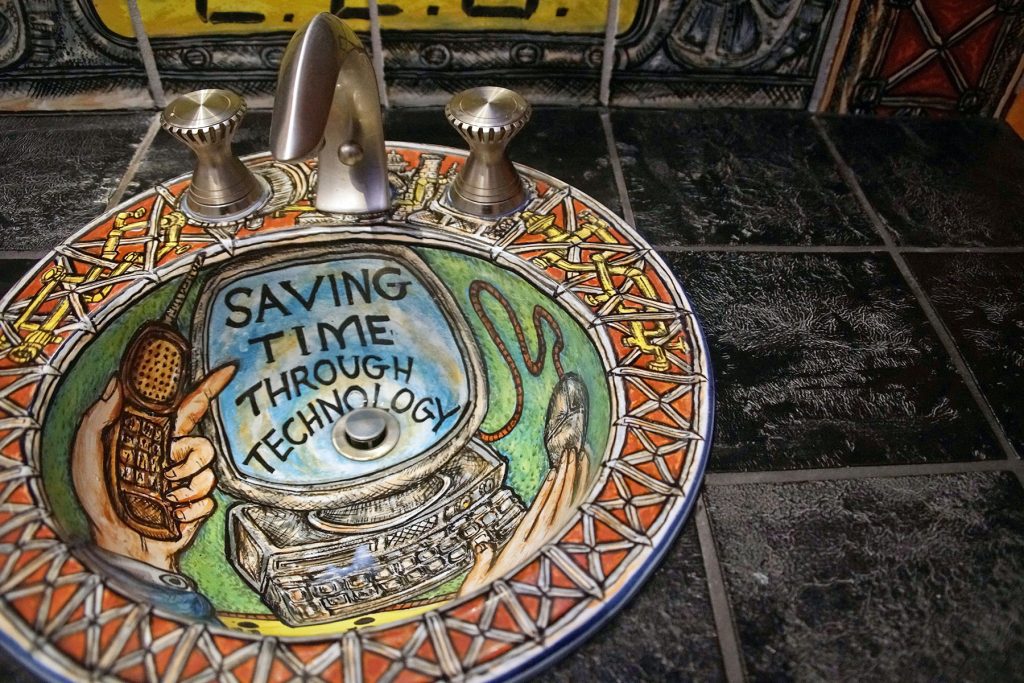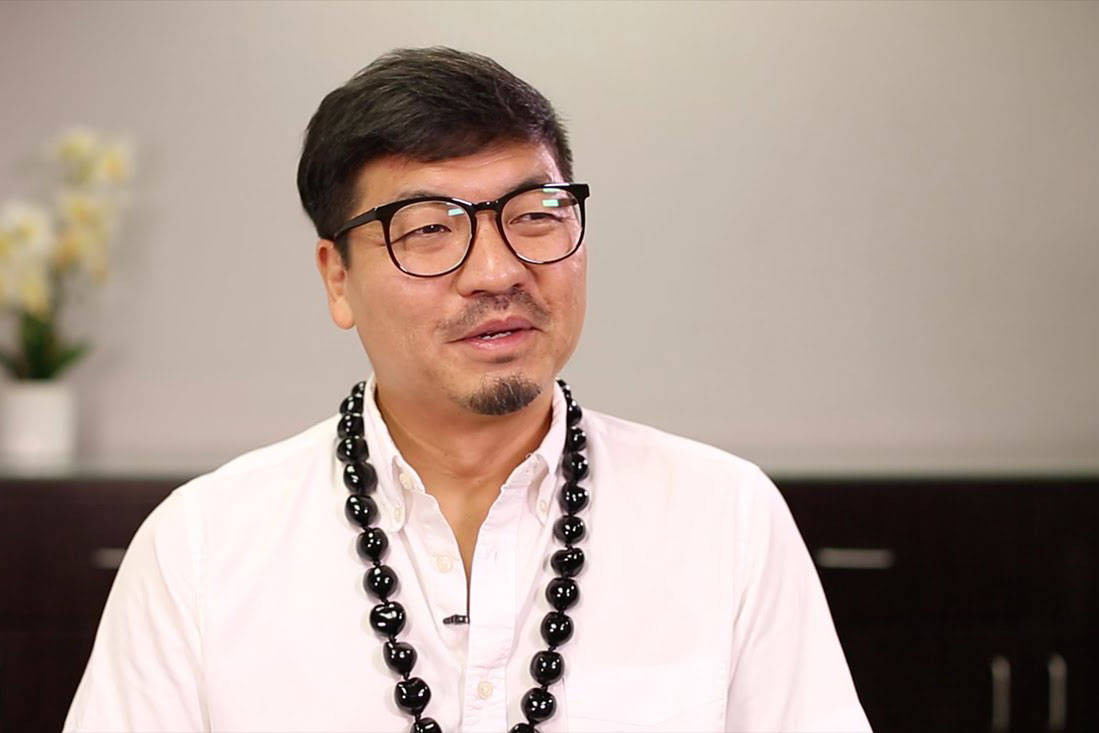
“Just once I want my life to be like an 1980s movie,” said Emma Stone’s character in the film Easy A, “But no, John Hughes did not direct my life.”
The beloved director John Hughes created characters in his movies that explored that challenges of personality stereotypes and the pressure of social norms. Benson Lee carries the torch a step further with a multinational narrative that transcends race. He leverages the narrative of Hughes and creates something fresh but familiar with his new film, Seoul Searching.
Lee is an award-winning Korean-American filmmaker who has never visited Milwaukee, but his new movie offers a lesson for the city’s struggle with segregation.
The setting of Seoul Searching takes place during the 1980s, when the Korean government created a special cultural summer camp for “gyopo” or foreign born teenagers. These children of parents who left the country after the war were given the opportunity to spend a school break in Seoul to learn about their heritage and motherland.
Seoul Searching is a teen comedy and coming of age film, based on a true story about one of the summer camps that took place in 1986.
Remove the ethnic adjectives and the movie is a metaphor for issues facing the youth of Milwaukee, coming to terms with identity and cultural diversity. It is a story many Korean-Americans in Milwaukee can relate to, as well as any first born resident from an immigrant family.
The Milwaukee Independent had an opportunity to interview Benson Lee about his life, his film, and thoughts about the Brew City.
Q&A with Benson Lee
Milwaukee Independent: What was your experience like growing up ethnically Korean in America? And how did that define your identity?
Benson Lee: Growing up Korean in the United States was an adventure, because my parents were first generation immigrants from South Korea. What made it interesting and challenging is how American and Korean culture are quite often at odds. I felt more comfortable outside of my home, since I was more familiar with American culture. Sometimes, entering my home was like entering Korea, where the rules were different. But this seems to be a common theme for people who grew up in a bicultural home, and I ‘m grateful to have experienced it because it helped me to always see things through a dual lens. It also helped me to be more open to other cultures when I travel.
Milwaukee Independent: What did making “Seoul Searching” teach you most about yourself and your heritage?
Benson Lee: Seoul Searching didn’t teach me much about my heritage as much as it taught me about the Korean diaspora. When I attended summer school in 1986, I was shocked to meet so many Koreans from other parts of the world. It was the 1980s and the internet didn’t exist, so we were pretty sheltered. Although we had similar faces, we were worlds apart in terms of our culture. But it was our cultural differences that taught me to expand my view of the world, and helped me realize how incredibly diverse it is.
Milwaukee Independent: What do you know about Milwaukee, or at least what is your perception of the city?
Benson Lee: Laverne and Shirley. Milwaukee Brewers. Cheddar cheese. Salt of the earth type people. I’ve never been but I would love to visit.
Milwaukee Independent: Movies are meant for entertainment, but what do you hope people in a segregated city like Milwaukee will come away with after watching your film?
Benson Lee: American, German, Mexican, or any nationality for that matter, can be represented by all kinds of people outside of what’s considered the norm. Nationality is not an ethnicity but a culture and state of mind. I want people to feel the desire to travel after they see my film, inspired by how diverse our world actually is.
Milwaukee Independent: What is your biggest frustration about how Asians are stereotypically portrayed and actors whitewashed by the entertainment industry?
Benson Lee: The lack of depth with Asian characters. The lack of quality characters, and as a result the lack of compelling dialogue. I also hate how they usually kill the Asian character before anyone else.
Milwaukee Independent: What question do you get most often from the news media, and what do they never ask that you want to talk about?
Benson Lee: “How did you find your cast?” is the most popular question. I can’t really think of a question that I wish they would ask me.
Milwaukee Independent: How do you think John Hughes would like your film, and what did his work mean to you?
Benson Lee: I think Mr. Hughes would have loved it since I did my best to strike a balance between comedy and drama, which is what he was so skillful at. The Breakfast Club is my all time favorite teen movie because I loved how Hughes took the world of the teen so seriously and treated his characters with such deep respect.
Milwaukee Independent: How has “Seoul Searching” transcended race with your screening audiences, and are you pleased with its role in helping the public accept diversity?
Benson Lee: Many members of the audience have told me that after the first five minutes of the film, they start to ignore the fact that they’re all Asian and begin to gravitate to certain characters and stories right away. Nothing makes me happier when people feel connected to a character regardless of race or creed.
Milwaukee Independent: After spending 16 years to fulfill your dream, what advice would you offer to the minority youth of Milwaukee to pursue their own?
Benson Lee: Have a back up skill that can help pay the bills when working in film doesn’t.
Milwaukee Independent: What can the Milwaukee public do bring a screening of “Seoul Searching” to our city?
Benson Lee: You’ve already done it by expressing interest and we will do our best to bring Seoul Searching to Milwaukee!
Milwaukee Independent: What is the next story you want to tell on film?
Benson Lee: K-Pop!
“The one thing I disliked about ‘80s teen movies was the portrayal of Asian characters. We were usually the oriental nerd that was the supporting character, rarely the lead, who tended to be the butt of all jokes, a character no one wanted to identify with. Asians have traditionally been portrayed as stereotypes on the big screen and had very little presence in mainstream cinema. The recent controversy with Emma Stone playing an Asian in Cameron Crowe’s film Aloha, is only one of many instances where Asians we’re played by non-Asians. This would be less of an issue if there was even a handful of choices to choose from, but in the last 25 years, there have only been two films with an all Asian-American cast that have been distributed widely in theaters: The Joy Luck Club (1993) and Better Luck Tomorrow (2003). It’s these reoccurring themes and our lack of presence that inspired me to make a movie that contained authentic Asian characters with depth that avoided the stereotypes – you know, Asians who are normal human beings.” – Benson Lee
Seoul Searching has been shown privately in film festivals since last year, but held its premiere public screening on June 17.

